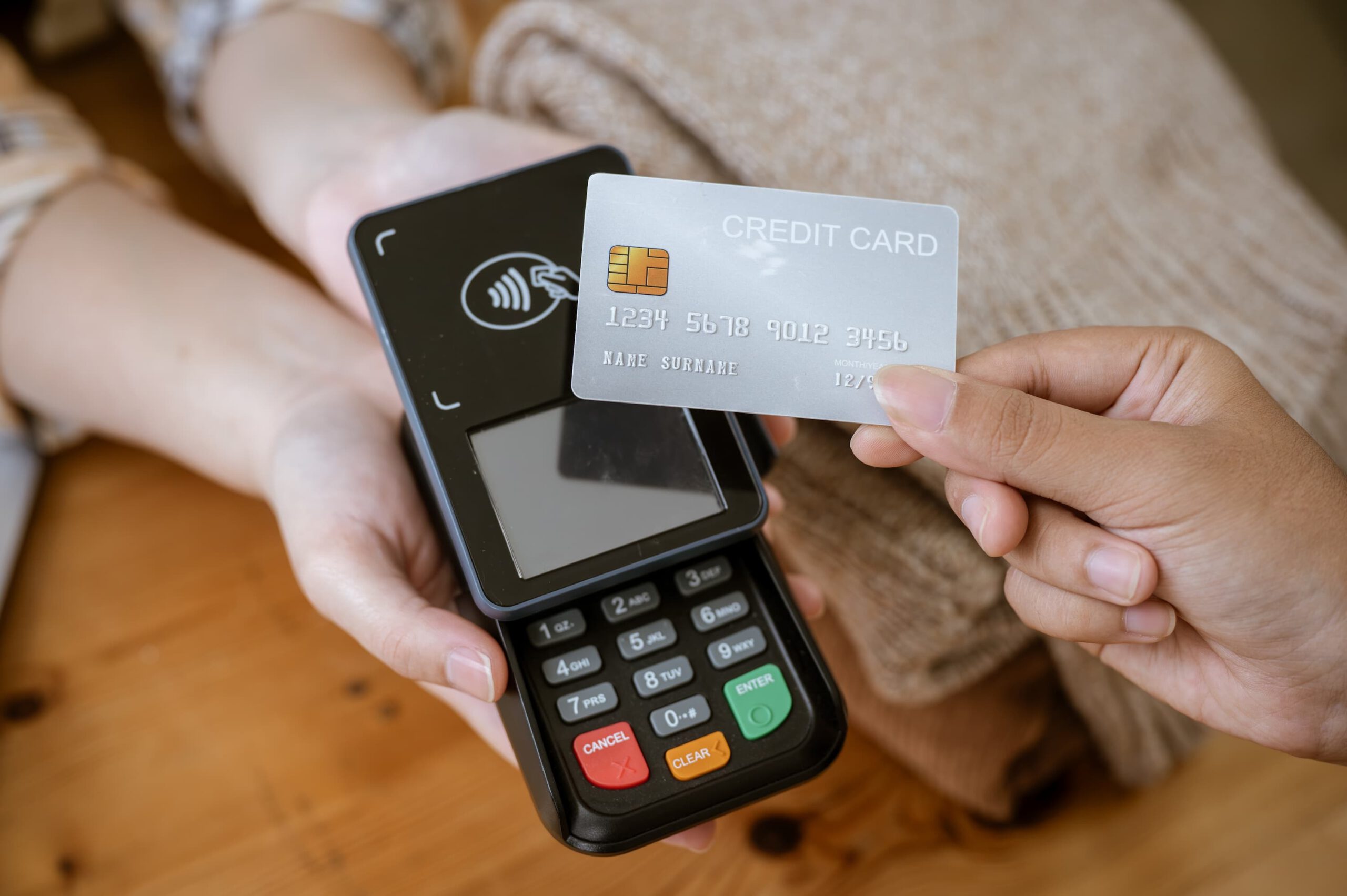If you run a multi-level marketing (MLM) business, you may have hit a frustrating wall when trying to get a reliable payment processor on board. Even with legitimate operations and loyal customers, many MLM business owners struggle to secure payment solutions that can handle the pace and complexity of their sales.
Why is this the case? Traditional processors tend to view MLMs as high-risk thanks to regulatory red flags and the occasional bad actor in the industry.
The good news is, there are alternative options available that not only understand the needs of MLMs but also help them stay compliant and operational. Join us as we break down why payment processing can be a significant pain point for MLMs and explore the alternative solutions that could make all the difference.
Why Traditional Payment Gateways Often Shy Away from MLMs
Many payment gateways shy away from working with MLM companies due to a combination of elevated financial risk and regulatory scrutiny. Between higher chargeback rates, potential for misinterpretation, and complexities with the Federal Trade Commission (FTC), many financial institutions are unwilling or simply unequipped to work with MLMs.
MLMs Have Elevated Risks of Chargebacks and Disputes
MLMs often experience a higher rate of chargebacks compared to traditional retail businesses due to several unique aspects of their sales and distribution model.
Firstly, products are frequently sold by independent distributors—some of whom lack formal sales training and rely on high-pressure marketing tactics that can lead to buyer’s remorse or unmet expectations. Moreover, recurring billing for auto-ship programs and enrollment fees can catch customers off guard, leading to disputes.
To protect their own standing and reduce financial risk, many processors are reluctant to work with businesses that have a history of such activity. This makes MLMs a challenging category to underwrite.
Regulatory Scrutiny Specific to the MLM Industry
The MLM industry operates under heightened scrutiny from the FTC, which enforces strict regulations aimed at protecting consumers from deceptive practices.
Here, key areas of concern include income disclosure requirements, which mandate that companies provide realistic earnings expectations to prospective recruits, and compliance with anti-pyramid scheme laws, which prohibit compensation models based primarily on recruitment rather than product sales. Additionally, the FTC closely monitors marketing claims to ensure they aren’t misleading or exaggerated, especially when promoting lifestyle benefits or financial freedom. MLMs that fail to meet these guidelines risk legal action, fines, or even shutdowns.
For traditional payment processors, this creates a significant liability. Partnering with an MLM that later comes under investigation by the FTC could lead to frozen accounts, chargebacks, and reputational damage.
Misconceptions and Negative Perceptions of the MLM Business Model
Widespread misconceptions and negative public perception are additional hurdles for MLM businesses. These largely stem from the close resemblance to illegal pyramid schemes and a history marked by a few high-profile abuses.
The reliance on recruitment and tiered commissions has led many to assume that all MLMs prioritize enrollment over product value, even though many legitimate MLMs focus on genuine product sales and operate within legal guidelines. Unfortunately, this stigma has been hard to shake, and it influences how financial institutions and regulators view the industry.
For mainstream payment processors, this association raises red flags, as aligning with an MLM—regardless of its legitimacy—can be perceived as both financially and reputationally risky.
Exploring Alternative Payment Solutions For Your MLM Business
Despite the challenges that MLMs face in securing services from traditional payment processors, several alternative solutions exist that can meet the industry’s unique requirements. From high-risk merchant account providers to cryptocurrency gateways and direct bank transfers, there are several ways that businesses can work around the unique obstacles they face.
High-Risk Merchant Account Providers
High-risk merchant account providers offer a practical and reliable alternative to traditional payment processors for MLMs. These accounts are specifically designed for industries with elevated risk profiles, providing tailored payment processing solutions that accommodate these complexities.
Providers like High Risk Pay bring valuable expertise in navigating the unique compliance and operational challenges MLMs face, helping businesses stay up and running without the constant threat of account closure. With features such as a 99% approval rate and chargeback protection, High Risk Pay gives MLMs a more secure and dependable path to process payments, ensuring smoother transactions and long-term financial stability.
Cryptocurrency Gateways
While not a solution High Risk Pay offers, cryptocurrency gateways are another potential payment solution for MLMs, providing advantages like lower transaction fees, faster cross-border payments, and access to a global customer base. By accepting cryptocurrencies such as Bitcoin or Ethereum, MLMs can tap into a tech-savvy audience and bypass some of the regulatory issues that come with credit card processing.
However, there are also important drawbacks to consider. Cryptocurrency values can be highly volatile, posing financial risk if not immediately converted to stable currency, and adoption rates vary significantly. Many customers may be unfamiliar or uncomfortable with using digital currencies. As a result, crypto gateways may not be the best fit for every MLM, particularly those whose audiences favor more traditional payment methods.
Direct Bank Transfers and E-wallets
Other less conventional yet potentially useful payment methods for MLMs include direct bank transfers and specialized e-wallet solutions.
These options can offer added security, lower processing fees, and reduced chargeback risks since funds are transferred directly from the customer’s bank or digital wallet. Some e-wallet providers may also be more flexible with MLMs, especially in international markets where mobile payments are more widely adopted.
However, it’s also important to keep in mind that there are reasons why these methods aren’t as commonly used, including limited scalability, slower transaction times, and varying levels of integration with MLM platforms. Additionally, they often lack the automation and recurring billing features that many MLMs rely on, making them less practical for managing large distributor networks and ongoing payments.
Take the Next Step: Secure Reliable Payment Solutions for Your MLM
While finding a payment processor fit for multi-level marketing businesses can be more challenging than in other industries, there are several ways to work around these obstacles. By exploring alternative solutions—such as high-risk merchant accounts, cryptocurrency gateways, and direct bank transfers or e-wallets—MLMs can find reliable ways to manage payments and support their operations. Many MLM businesses find that high-risk merchant accounts are the best option due to their specialized payment processing solutions, which accommodate higher chargeback rates and regulatory complexities.
Ready to take your MLM to the next level with a high-risk merchant account provider? High Risk Pay has a long track record of success in working with businesses just like yours. Get started today!








